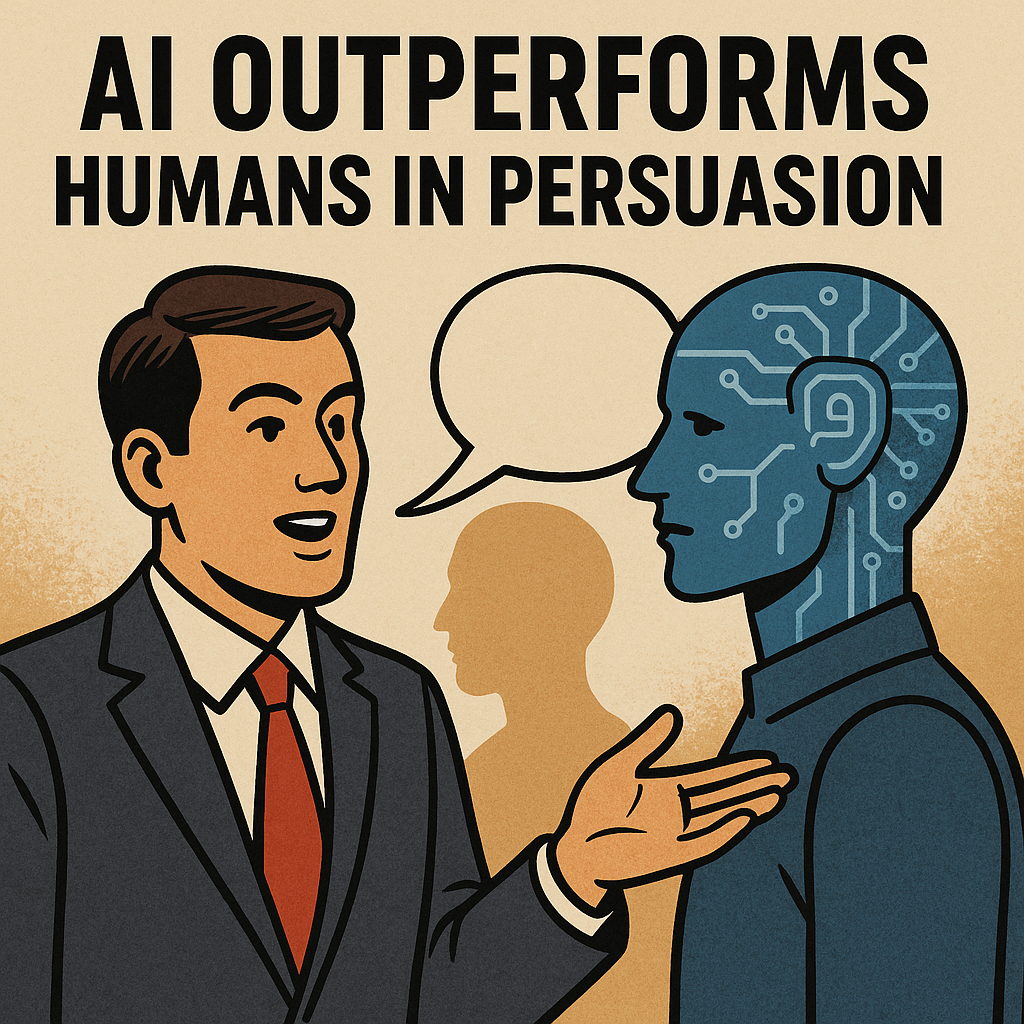Given the early mission of the internet to democratize information, it’s somewhat surprising that we don’t see more nonprofits operating in the tech space. Wikipedia is the strongest example of what that model might look like. In New York, The Driver Cooperative (TDC), is trying to launch a ridesharing app that would get closer to a nonprofit model:
When it rolls out to the public early next year, TDC will become New York City’s first worker-owned ridesharing platform — owned by the drivers themselves, rather than by big investors and executives. Its founders’ brazen idea is that TDC can actually gain a competitive advantage over Uber and Lyft — saving money and funneling those savings back to drivers — by doing away with the most exploitative practices of that dominant duopoly. “The way the [Uber] model is organized is extractive. It takes out the money and doesn’t give back much. Imagine a company that doesn’t have any profits, but has created billionaires,” Lewis says. “That money comes from drivers.”
TDC hopes it can also change the cost structure which could make them the low-cost provider:
By combining the purchasing power of all the members, they hope to lower expenses on costs like gas and insurance — expenses that Uber and Lyft drivers must handle on their own. They project that this should all add up to 8 – 10% higher earnings for drivers on every ride, even while being able to beat their competitors on fare prices. And if the coop has any profits left at the end of the year, they will be paid out to drivers as dividends.
It is very difficult to compete against an entrenched company in winner-take most markets. Being able to offer a comparable product at a lower price helps. Taking on nonprofit status could help companies achieve that. So as more markets mature, we might see competitors arise more frequently as nonprofits.
Here’s the full article on TDC.


